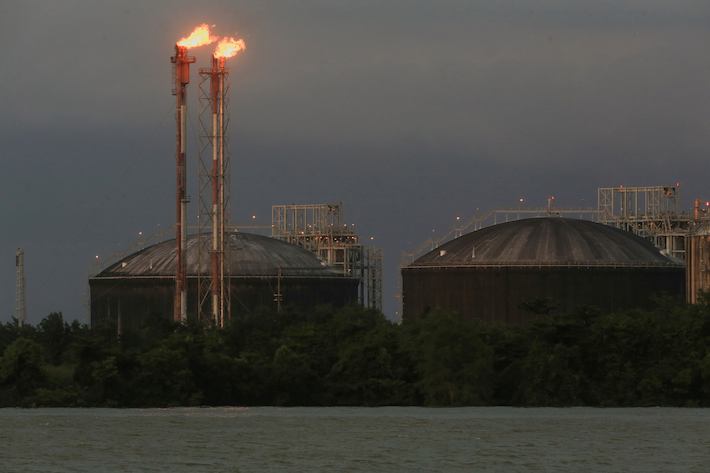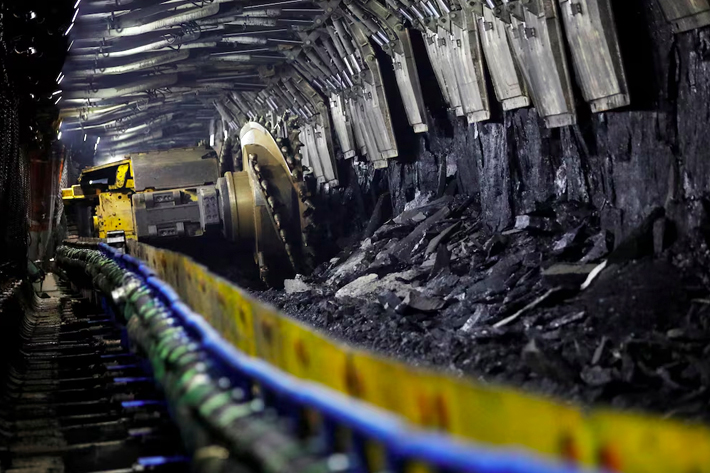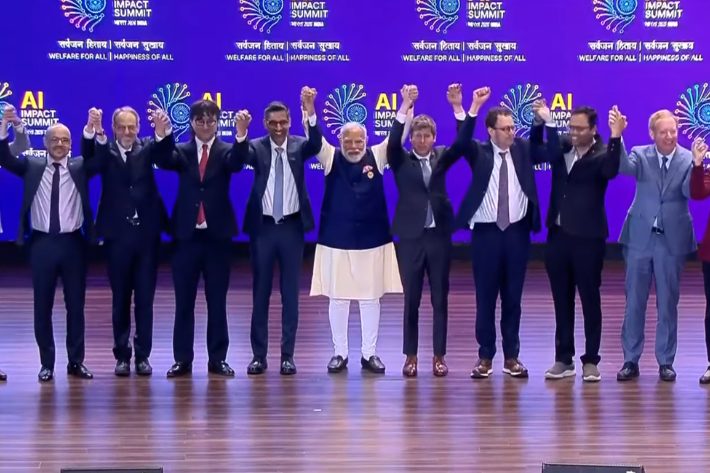Latest News: Carbon

Carbon dioxide removal is estimated to become a $100 billion industry by 2030, provided it can be scaled up
Swedish engineers say structural batteries using lightweight electrodes would massively reduce battery mass

Sales of EVs and plug-in hybrids were up 20% in August over last year – a fair rise given sales in Europe were the worst since early 2023

A top US scientist says the world is "miles from where we should be" on curbing methane emissions. Far greater funds and activity is needed to reduce emissions, which he said were "accelerating".

Beijing is under pressure to accelerate the decarbonisation of its heavy industries ahead of looming carbon tariffs from the European Union

Beijing is looking to bring 1.28 billion tons more of coal mining capacity online over the next few years, drawing criticism from climate campaigners

Vanuatu, Fiji and Samoa ask ICC to recognise 'ecocide' as an international crime; with companies and executives punished for severe cases of environmental degradation

Tokyo has approved the auto giant’s plans for a mass roll-out of the quick-charging, longer-range cars by 2030

The tropical storm cut power to millions, flooded highways, disrupted telecoms networks and brought economic activity in industrial hubs to a standstill

Since last year, multiple reports have raised concerns about the authenticity and integrity of oil firms' emissions reduction projects in China — which in one case was actually chicken farm, according to a whistleblower

Researchers say India burns a huge amount of solid waste – equivalent to that of Indonesia, Nigeria, China and Russia combined

Climate envoy John Podesta claimed progress has been made in talks with Beijing but observers say a real breakthrough is unlikely ahead of the US election
AF China Bond
- Popular














